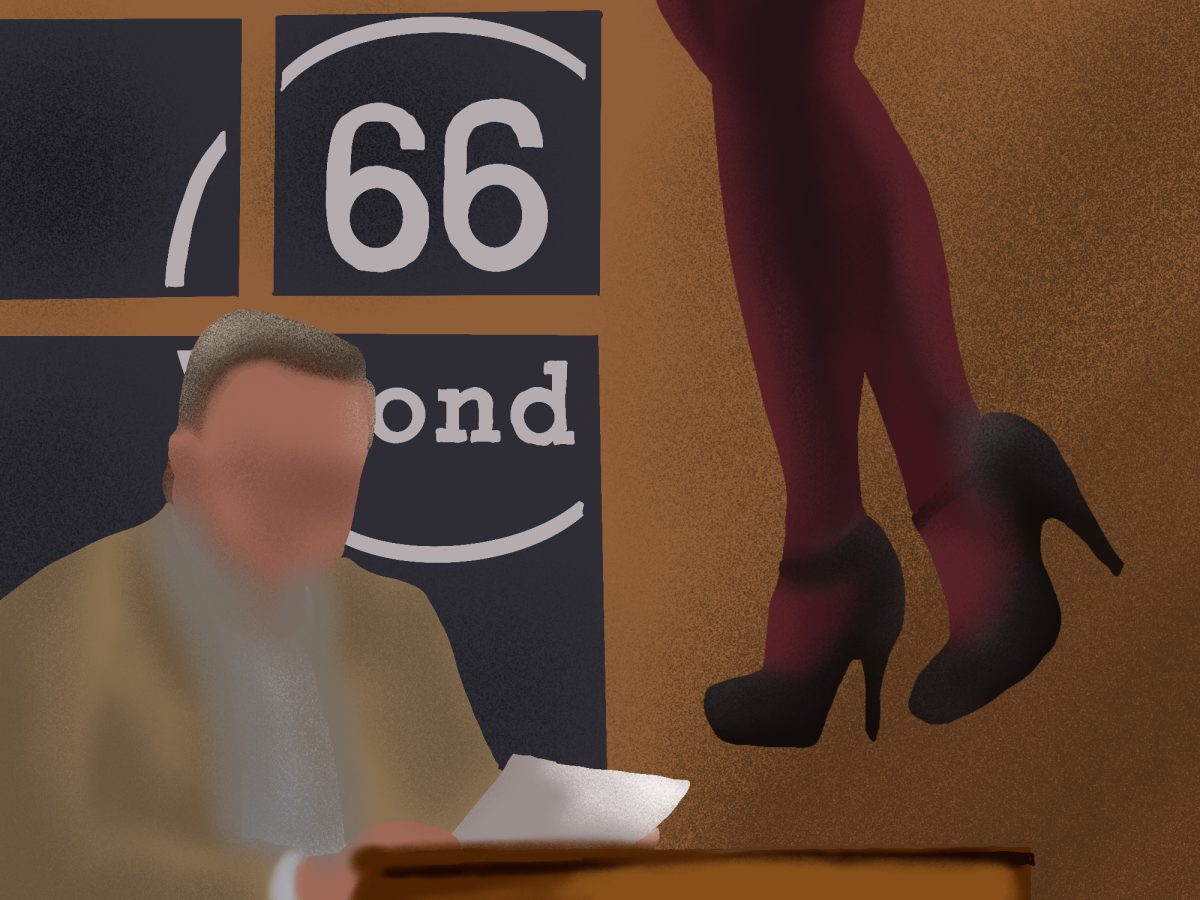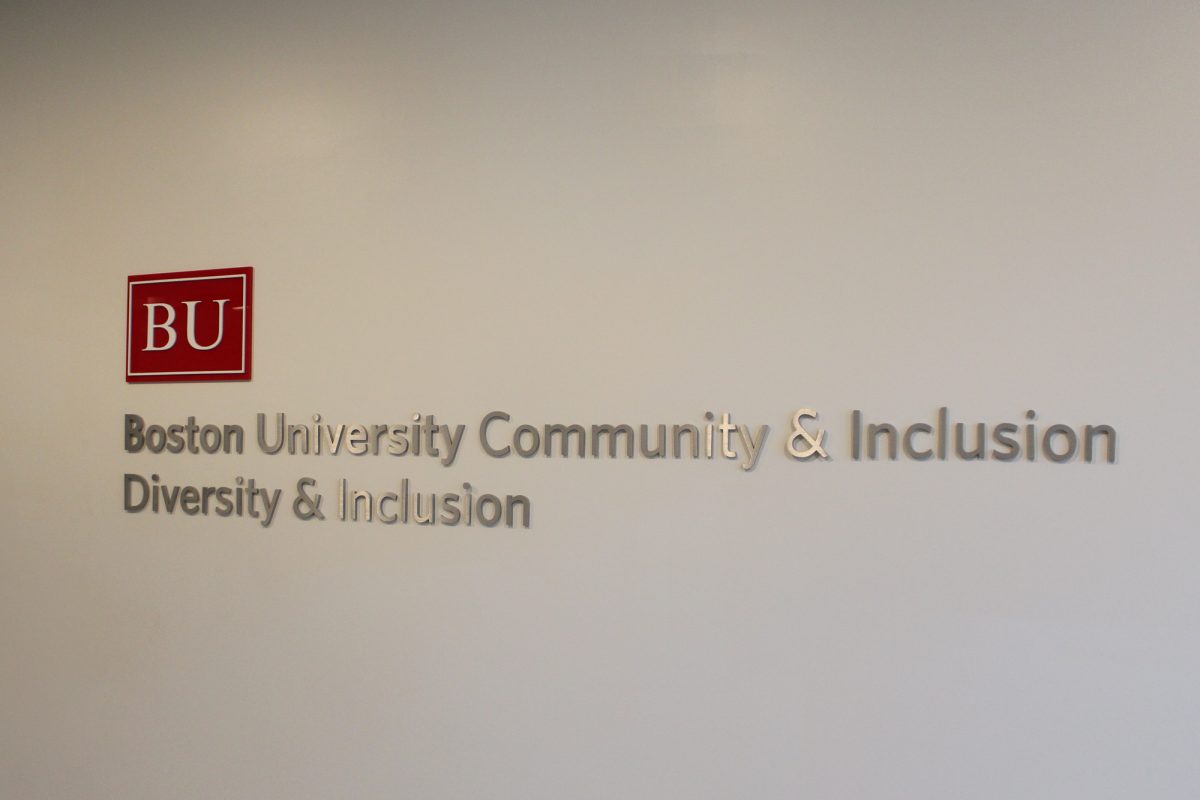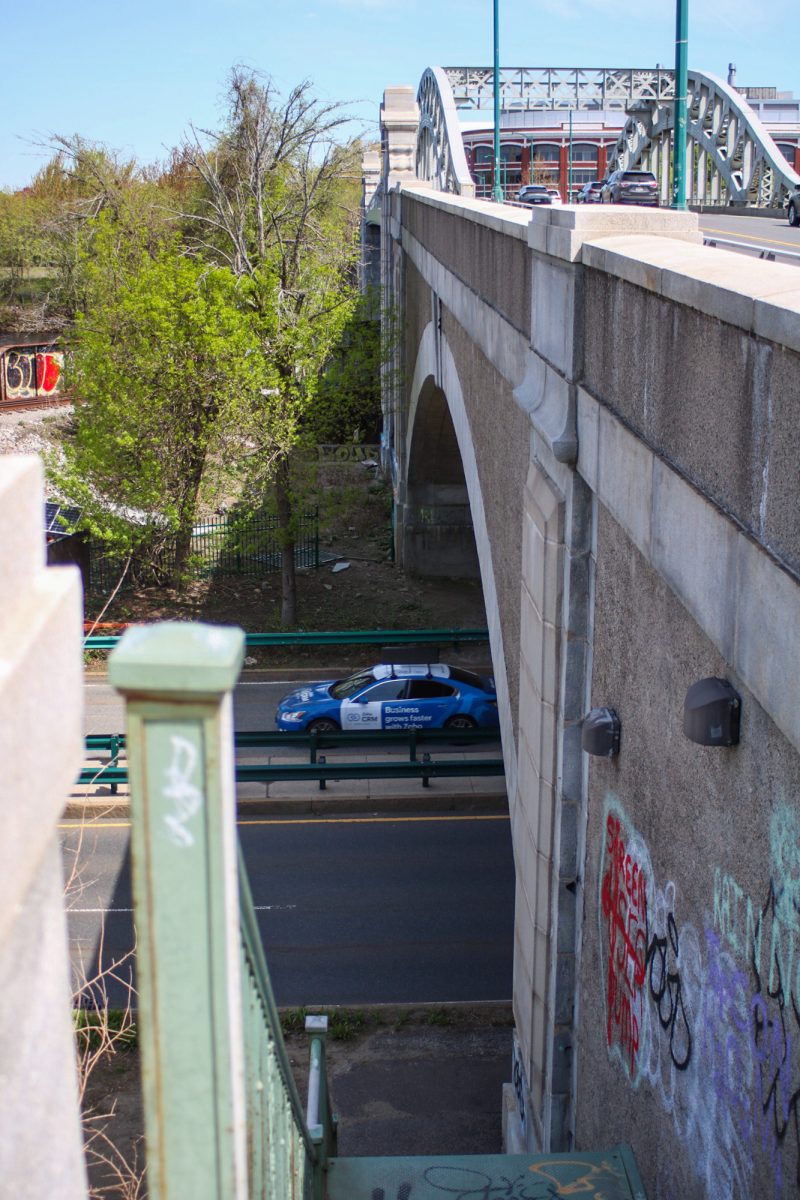In joint association with the Massachusetts Department of Transportation, Mass. Gov. Deval Patrick filed legislation Wednesday to fund infrastructure improvements over the next 10 years.
“These investments will create the jobs and opportunity today that will build a stronger Commonwealth for tomorrow,” Patrick said in a press release Wednesday. “A modern, safe, equitable 21st century transportation system is what our citizens want and our Commonwealth needs to unlock economic growth in every region.”
Patrick’s plan calls for disbursement of $13.7 billion to various transportation-based projects in the Commonwealth, according to The Way Forward: A 21st Century Transportation Plan released Jan. 14.
In order to pay for the many infrastructure improvements, sales taxes would increase from 6.25 percent to 7.25 percent and state income taxes would increase from 5.25 percent to about 5.66 percent, according to the plan.
While the increase in payments may seem unwanted, they actually come as a middle ground between improving quality of transportation and costing the public money, said Michael Verseckes, spokesman for MassDOT.
“’It’s never good to raise taxes’ — you‘ll hear that refrain quite frequently, but also it’s not a good time to get stuck in traffic, stuck on a broken-down train, or even to hit a pothole,” Verseckes said. “We’re really at the point where we need to take a look at the system we have and how we’re financing it, what we’ll wield and move forward with.”
The higher taxes also would be put in place to compensate for years of irresponsible money management in terms of transportation, Verseckes said.
“We unfortunately have a long-standing practice of borrowing money to pay for the highway system’s operating cost, and that is not a good practice in the business world,” he said.
MassINC Polling Group released a study Thursday stating voters are open to the discussion of raising additional revenue for transportation improvements throughout the Commonwealth.
About 51 percent of the people polled supported increases in transit fares for revenue to improve general transportation. 61 percent supported an increase in the gas tax to fund improvements for roads and highways, and 56 percent supported an increase to the income and sales tax to improve public transportation, according to the poll.
Patrick would allocate the most money to road and bridge projects in all parts of the state. Highway maintenance, new construction, regional rail expansion and public transportation are also included, according to the plan.
“Governor Patrick’s transportation funding plan is vital,” said Kelly Smith , deputy press secretary for the Massachusetts Bay Transportation Authority, in an email. “This is why Governor Patrick, Secretary [Richard] Davey, General Manager Dr. Beverly Scott and many other leaders have been travelling the state to speak with both elected officials and constituents about the importance of the passage [of] ‘The Way Forward.’”
The MBTA would receive $3.2 billion for projects including replacement of trains, improvements of signals and tracks and creation of new technology for better customer service, according to the plan.
“MassDOT and the MBTA know that the passage of Governor Patrick’s transportation funding plan is vital to the sustainability and future growth of the Commonwealth’s transportation system,” Smith said.
Some state senators said they are aware of the plan and are prepared to vote to pass it.
“I am very much for it [the plan],” said Mass. Sen. William Brownsberger. “It’s very important for my district. The House has got to make the first move…[but] it is encouraging to see that there’s already action for it [in the Senate].”
Regardless of what the cost would rise to, it can and should be paid for by the public, said Michael Manove, professor of economics at Boston University.
“In general, I think that the American taxpayer, including the Massachusetts taxpayer, has foolishly allowed the infrastructure of our economy to decay,” Manove said. “The result is that roads, bridges, and public-transportation facilities, have fallen into dangerous disrepair.”
He said there are plenty of opportunities to upgrade and improve public transport in Boston.
“Our country and the Commonwealth of Massachusetts need to invest in the public sector,” Manove said. “The word ‘commonwealth’ itself means something that we need to pay attention to.”
Kyle Plantz contributed to the reporting of this article.

















































































































Joe Kurilecz • Mar 20, 2013 at 1:24 pm
I would like to know what Professor Manove’s views are regarding the role unions and management by the MBTA and Mass DOT have played in this situation. Blaming the taxpayer for causing the issue is far too simplistic and fits right in to the liberal mentality of tax and spend your way out of a problem.
Perhaps comparing the views of a professor in management against an economics professor would help flesh out the story.